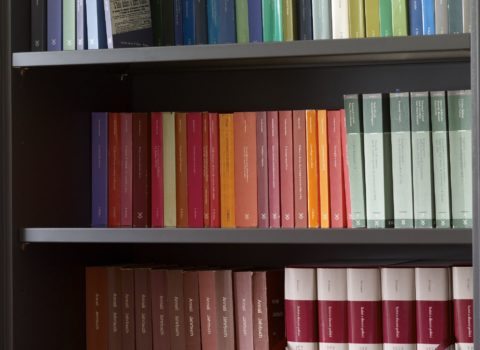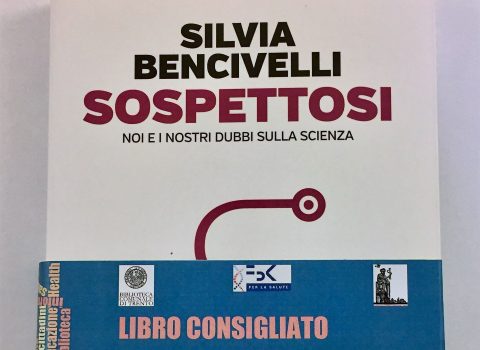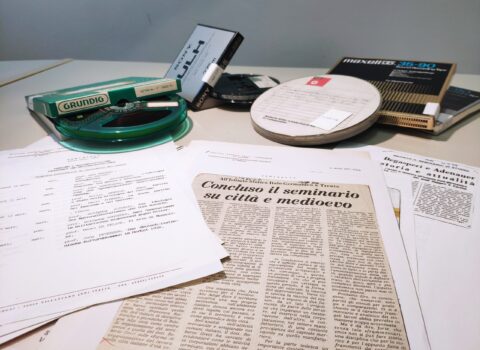
The bibliographic collections of Claudio Cesa and Enzo Collotti, a mirror of a European Weltanschauung
2023 was an important year for acquisitions at Fondazione Bruno Kessler's Library, which is increasingly being characterized as a specialized library with a significant presence of personal fonds.
In July, the library of Claudio Cesa, an eminent expert in modern and contemporary philosophy who died in 2014, was donated by his children Marco and Maria. Since October the FBK Library has also housed the Enzo Collotti Fond, at the behest of his son Francesco; Collotti, who passed away in 2021, was a contemporary historian in the German-Italian field.
Before introducing the specifics of the personal fonds donated to the library and the scholarly value of both acquisitions, we believe it is necessary to introduce the two scholars, who have made significant contributions to the advancement of the discipline in their fields of interest.
Claudio Cesa was born in 1928 in Novara and, after spending periods of study and research in Paris and Göttingen, he taught first in high schools and then at the Universities of Siena, Florence and Salerno. In 1982, he became professor of the history of modern philosophy at the Scuola Normale Superiore in Pisa. A scholar of the history of medieval and modern philosophy, his research interests focused mainly on German philosophy of the 18th and 19th centuries. A fine connoisseur of the texts of Hegel, Fichte, Kant, Feuerbach and Schilling, he was a member of the Accademia Nazionale dei Lincei, the Fichte-Kommission of the Munich Academy of Sciences, a member of the Accademia toscana di scienze e lettere “La Colombaria”, of the Accademia degli Intronati and president of the scientific council of the CNR Center for Contemporary Philosophy. He has been a correspondent at the Academy of Moral and Political Sciences of the Institute of France.
Enzo Collotti was born in Messina on August 15, 1929 and grew up in Trieste. He graduated in Law in 1951 with a thesis on labor in the Italian Constitution, and since 1950 has collaborated with periodicals such as “Il Ponte,” “Occidente,” and “Il Manifesto” and worked at Feltrinelli (Publisher, ed.). He taught at the Universities of Trieste, Bologna and Modena until 1987, when he continued his career as a teacher of contemporary history at the University of Florence. An expert connoisseur of German-language historiographical sources, Collotti has devoted his life as a scholar to research on National Socialism and Fascism in Germany, Austria and Italy; in particular, his interests have focused on the Weimar Republic, the German occupation of Italy and Italy’s own role in anti-Semitic policy, the Resistance movements, the concentrationist system and racial laws.
Enzo Collotti said about himself:
“I belong to a generation, give or take a year, that lived through the blood laceration of Europe and in this ripping learned to question the fate of humanity and Europe. I knew as a child the Jewish refugees from Fascist persecution who sought hospitality in Italy, and I saw refugees returning to emigrate driven out of Fascist Italy. I lived through the war and the Nazi occupation in a frontier land, a potential crossroads between three civilizations, Latin, German and Slavic, transformed by fascists and Nazis into a place of ruthless oppression.”
Excerpt from the message delivered by Enzo Collotti on the occasion of the awarding of the Montecchio Prize for Germanistics received in 1993
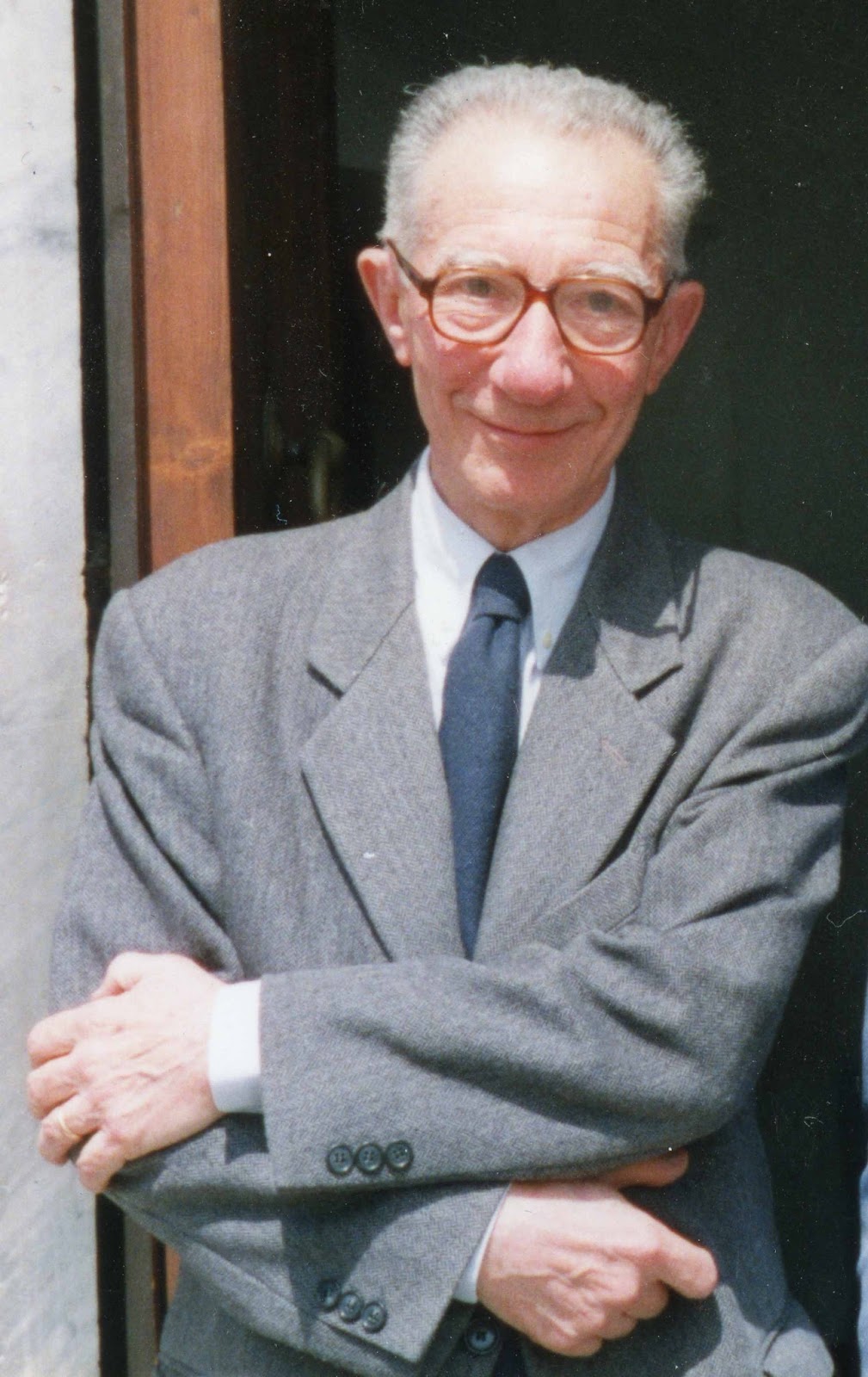
Claudio Cesa_image courtesy of the Cesa family
As for Claudio Cesa and his works, as philosopher Francesca Menegoni reminds us in an interview, “the acrimony of historical contextualization constitutes the premise and the background for the theoretical perspective, always placed at a level that goes beyond the reconstruction of the thought of the individual author or of a particular phase of his/hers, in order to highlight each time those universal coordinates that allow us to cross and connect epochs and generations. This applies to the studies on Feuerbach and the Hegelian left, the political philosopher Hegel or the volumes devoted to Fichte. Cesa’s interest in political philosophy covers the entire practical philosophy of German idealism, where the differences between the positions of Kant, Fichte, Schelling and Hegel regarding the relations between law, individual morality, socio-political institutions and religion are most relevant. On this ground, his precise methodological choice allows Cesa not to get lost in the multiplicity of individual positions. The guiding thread that has guided Claudio Cesa’s decades of publishing activity on practical philosophy in the field of classical German philosophy has been the placement of the individual aspects treated in an overall framework, defined from time to time by combining the historical and the theoretical levels.” Indeed, Claudio Cesa’s library reflects this: it is a personal collection of some 12,000 volumes including monographs and journals, which has come down to us in its entirety. Among his volumes we find both the numerous editions he edited of German philosophers of the medieval and modern ages and numerous texts on contemporary philosophy including the works of Ernest Renan, Benedetto Croce, Karl Marx and Friedrich Engels. Among the most recent philosophical and sociological studies we discover his interest in Theodor W. Adorno, Herbert Marcuse and Jürgen Habermas (just to name a few). There is also a fair amount of volumes on medieval, modern and contemporary history. For the latter discipline we find classics of historiography signed by Paolo Spriano, Federico Chabod and Enzo Collotti himself.
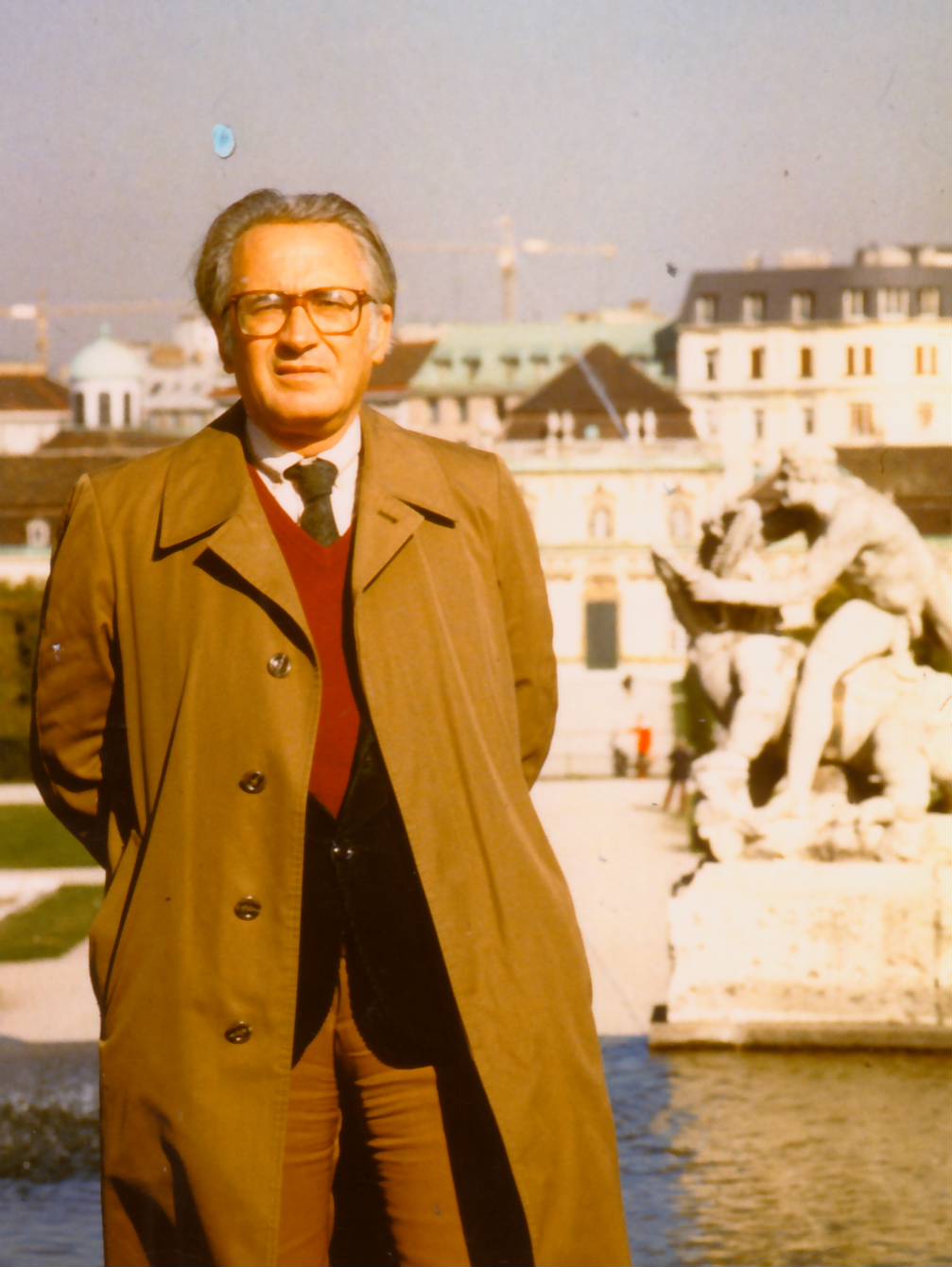
Enzo Collotti_image courtesy of the Collotti family
The Mitteleuropean vision of Enzo Collotti – raised in a border land like Trieste, whose history also animated part of his research – emerges from the volumes that we find in his collection, which represents only part of his extensive library. The German-language books on the history of the nineteenth and twentieth centuries-especially on the period of the Weimar Republic, World War II, and the post-1945 Germanies are numerous. Weimar remained among his main interests, so much so that he collected almost all the issues of the journal <<Weimarer Beiträge>> (a journal that is moreover rare in Italian libraries) covering about thirty years (from 1965 to 1997). Collotti’s relationship with the German world is documented by German-language editions published in the then German Democratic Republic (GDR) or by the bibliographic output collected during his assignments at the Feltrinelli Institute since 1959, which also allowed him to spend some time in the GDR through the Thomas Mann Center network. The volumes also reflect the research work he carried out during his participation in historical commissions that made fundamental contributions to the understanding of complex and divisive historical nodes in European public memory (the commission of experts on the Mauthausen concentration camp memorial or the one promoted by the Tuscany Region on Nazi and Fascist crimes in the territory).
There is still much to be discovered about these two collections: it is a complex of about 20,000 volumes that will need to be catalogued and studied in order to be enhanced. The libraries of the two eminent scholars can be a valuable source for discovering and understanding a European Weltanschauung through the study of both their works and the historiographical evolution within the Italian-German and philosophical disciplines of the 20th century. This is a challenge that will involve the FBK Library, the Foundation’s Humanities Research Centers, and -as we hope – all citizens.
Selected bibliography by Claudio Cesa
- Il giovane Feuerbach, Bari, Laterza, 1963
- La filosofia politica di Schelling, Bari, Laterza, 1969
- Studi sulla sinistra hegeliana, Urbino, Argalia, 1972
- Hegel filosofo politico, Napoli, Guida, 1976
- Introduzione a Feuerbach, Bari, Laterza, 1978
- J.G.Fichte e l’idealismo trascendentale, Bologna, Il mulino, 1992
- Introduzione a Fichte, Bari, Laterza, 1994 e
- Verso l’eticità. Saggi di storia della filosofia, a cura di Carla De Pascale, Luca Fonnesu e Alessandro Savorelli, Pisa, Edizione della Normale, 2013
Selected bibliography by Enzo Collotti
- La Socialdemocrazia tedesca. Dalla sconfitta alla rinascita economica, dal problema dell’unificazione a quello del riarmo, la realtà della Germania d’oggi nelle prospettive della socialdemocrazia, Torino, Giulio Einaudi Editore, 1959
- Storia delle due Germanie 1945-1968, Torino, Einaudi, 1968
- L’amministrazione tedesca dell’Italia occupata 1943-1945, Milano, Lerici Editori, 1963
- La Germania nazista. Dalla Repubblica di Weimar al crollo del Reich hitleriano, Torino, Einaudi, 1973
- Dalle due Germanie alla Germania unita, Torino, Einaudi, 1992
- Enzo Collotti e Lutz Klinkhammer, Il fascismo e l’Italia in guerra, Roma, Ediesse, 1996
- Il fascismo e gli ebrei. Le leggi razziali in Italia, Roma, Laterza, 2006
- Impegno civile e passione critica, a cura di Mariuccia Salvati, Roma, Viella, 2010


